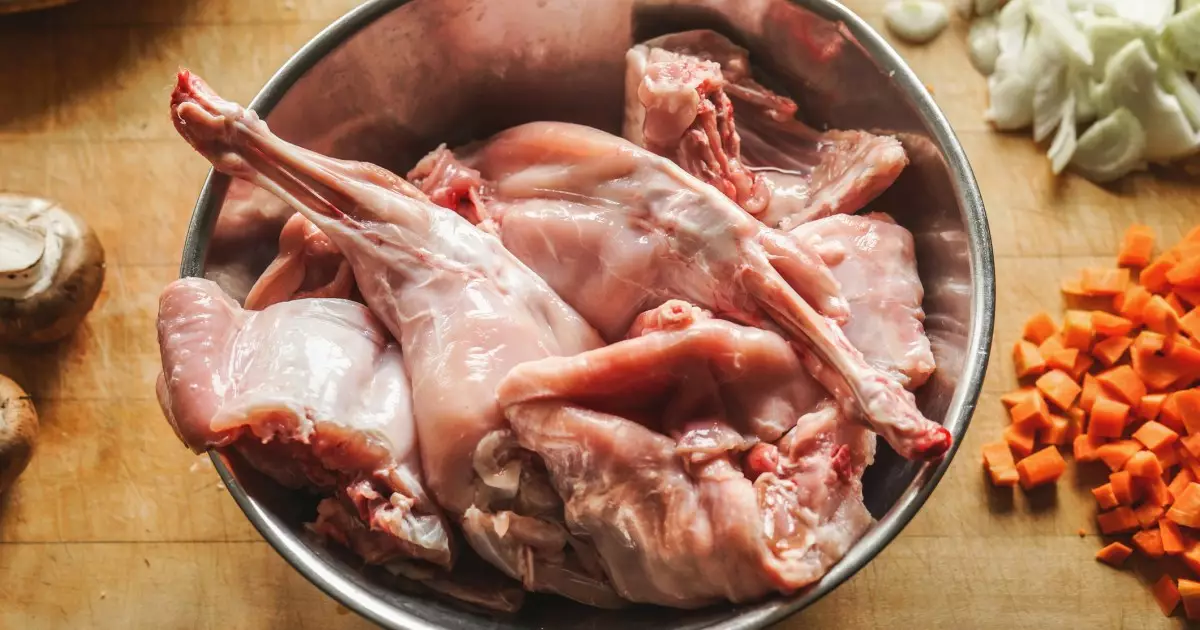Curiosity about introducing new proteins into our canine companions’ diets is not uncommon, and rabbit meat stands out as a compelling option. Pet owners often explore diverse meat sources to enhance their dog’s meals, seeking health benefits beyond traditional choices. Rabbit meat has gained popularity not only because it’s safe for dogs but also because it is rich in essential nutrients that can cater to a variety of dietary needs. An important fact to highlight is that rabbit meat is considered white meat, which typically means it has a lower fat content compared to red meats. Ideal for dogs that may need to shed a few pounds, rabbit can serve as a delicious alternative that doesn’t compromise on nutrition.
The Protein-Rich Advantage
One of the most appealing aspects of rabbit meat is its protein content. It’s not just a lightweight meat in terms of fat; it’s also quite potent when it comes to providing the necessary building blocks for muscle development and overall canine health. With higher protein levels than many traditional meats, rabbit can be particularly beneficial for active dogs or those recovering from health issues. Additionally, the protein found in rabbit is classified as a novel protein, which is particularly advantageous for dogs having allergies or intolerances to common protein sources such as beef or chicken. This makes rabbit a smart choice for canine diets that require careful consideration of allergens.
Proper Preparation Matters
While rabbit meat boasts numerous benefits, the method of preparation is crucial. It’s essential to source rabbit meat from reputable suppliers, ensuring that it is safe and free of harmful additives or contaminants. Various cooking methods, such as roasting or boiling, can help retain the meat’s nutritional integrity while avoiding harmful seasonings or oils. However, introducing raw rabbit meat should be approached with caution. Raw diets can work for some dogs, but it could lead to gastrointestinal discomfort for others who are unaccustomed to raw food. The dog owner should consult with their veterinarian beforehand to determine the best approach.
Health Precautions to Consider
In rare instances, feeding raw rabbit meat can pose certain health risks, such as the risk of tularemia, which is caused by a bacterium found in some rabbits. While this condition is exceptionally uncommon, pet owners must remain vigilant for any unusual behavior in their dogs after feeding them raw meat. Although most dogs tolerate rabbit meat without issues, being observant of any stomach upset or unusual reactions is important, particularly in the initial days of introducing this new protein. It’s always advisable to err on the side of caution.
As pet owners seek to provide the best diets for their furry friends, rabbit meat can emerge as a beneficial addition, bringing not only nutritional abundance but also variety to dogs’ meals. Its richness in protein, reduced fat content, and appeal to dogs with dietary restrictions makes rabbit a strong contender in the exploration of canine diets. Like any significant dietary change, thoughtful implementation and professional guidance are key to making rabbit a safe and enjoyable part of your dog’s culinary repertoire.

